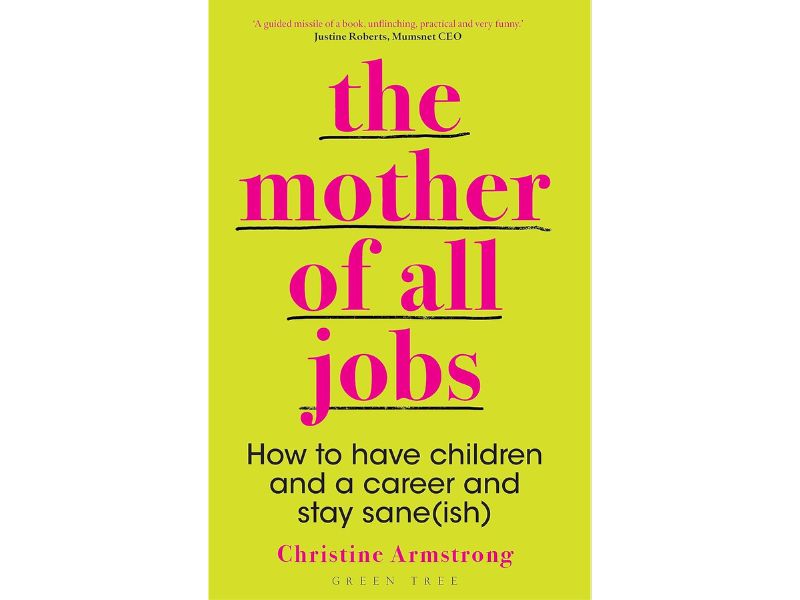
Interviews can be stressful. Thinking about what to wear, how to get there, what questions will be asked, all the questions add to the excitement and nerves.
Here are some valuable interview tips to help you prepare and perform your best:
Research the company
Gather information about the organisation, its mission, values, products/services, recent news and any notable achievements. This knowledge will help you tailor your answers and demonstrate your interest in the company.
Understand the job requirements
Carefully review the job description and make a list of the key skills, qualifications and responsibilities. Prepare examples from your experience that showcase your ability to meet those requirements.
Practice common interview questions
Anticipate common interview questions such as “Tell me about yourself,” “Why are you interested in this role?” and “What are your strengths and weaknesses?” Prepare thoughtful, concise answers that highlight your relevant skills and experiences.
Prepare specific examples
Think about specific situations or projects from your past experiences that demonstrate your skills and accomplishments. Structure your answers using the STAR method (Situation, Task, Action, Result) to provide a clear and concise response.
Dress appropriately
Dress professionally and in line with the company culture. It’s better to be slightly overdressed than underdressed. Pay attention to personal grooming and ensure your attire is clean and well-fitted.
Arrive on time
Plan your journey in advance, considering traffic and other potential delays. Aim to arrive 10-15 minutes early to the interview location. Punctuality demonstrates your reliability and respect for others’ time.
Ask for a drink
Don’t be afraid to ask for a drink of water. This can help with your nerves too.
Display positive body language
Maintain good eye contact, offer a firm handshake (if applicable) and smile. Sit upright, leaning slightly forward to show engagement and interest. Avoid fidgeting or crossing your arms, as it may convey nervousness or defensiveness.
Listen actively
Pay attention to the interviewer’s questions and listen carefully to ensure you understand them fully. Take a moment to gather your thoughts before responding and if you need clarification, don’t hesitate to ask for it.
Showcase your skills and achievements
When answering questions, provide specific examples that highlight your skills and accomplishments. Quantify your achievements whenever possible and explain how you added value to previous roles or projects.
Ask thoughtful questions
Towards the end of the interview, you’ll likely have an opportunity to ask questions. Prepare a list of thoughtful, relevant questions that demonstrate your interest in the company and the role. This shows that you’ve done your research and are genuinely engaged.
Follow up with a thank-you note
After the interview, send a personalised thank-you note or email to express your appreciation for the opportunity and reiterate your interest in the position. This gesture can leave a positive impression and help you stand out.
Remember each interview is a valuable learning experience, regardless of the outcome. Reflect on your performance, identify areas for improvement and use that knowledge to enhance your future interviews.
Good luck!
Further, read below.









